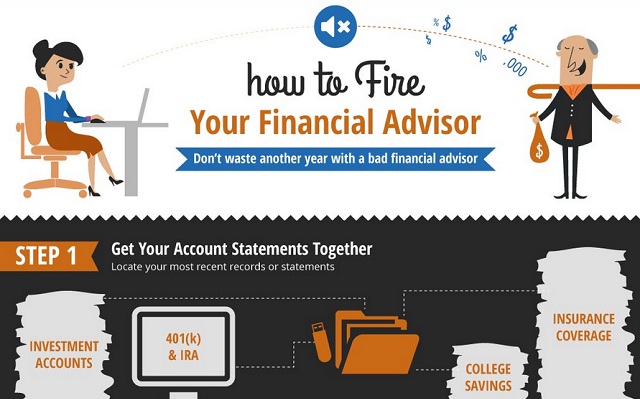Comprehending The Variances In Between Surety Contract Bonds And Insurance Coverage
Comprehending The Variances In Between Surety Contract Bonds And Insurance Coverage
Blog Article
Post By-Walter Elliott
Have you ever wondered about the differences in between Surety Contract bonds and insurance? It's a common concern, and one that can have significant implications for organizations and individuals alike. Recognizing these distinctions is necessary for making informed choices concerning the type of insurance coverage you require.
So, allow's check out the crucial interpretations and ideas, the sorts of insurance coverage offered, and the application and approval process for both Surety Contract bonds and insurance. By the end, you'll have a clearer understanding of these 2 unique kinds of defense and be far better equipped to navigate the globe of risk monitoring.
Secret Interpretations and Principles
To recognize the distinctions between Surety Contract bonds and insurance, it's vital to understand essential definitions and principles.
Surety Contract bonds are a three-party contract where the surety ensures the Performance of a legal obligation by the principal to the obligee. The principal is the celebration that obtains the bond, the obligee is the party that needs the bond, and the guaranty is the party that ensures the Performance.
Insurance coverage, on the other hand, is a two-party arrangement where the insurance firm accepts make up the insured for given losses or damages in exchange for the repayment of premiums.
Unlike insurance, Surety Contract bonds don't provide financial defense to the principal. Rather, click this link here now give assurance to the obligee that the principal will certainly fulfill their legal commitments.
Kinds Of Coverage Offered
Currently allow's explore the different types of coverage offered in Surety Contract bonds and insurance coverage.
When it pertains to surety Contract bonds, there are 2 primary sorts of insurance coverage to think about:
- ** Performance Bonds **: These bonds offer financial defense to the task owner in case the professional fails to complete the task as set. If the professional defaults or stops working to satisfy the terms of the Contract, the Performance bond guarantees that the task owner is made up for any type of financial losses incurred.
- ** Payment Bonds **: Payment bonds are created to shield subcontractors and distributors. They assure that the specialist will certainly pay all bills and expenses related to the job, guaranteeing that subcontractors and suppliers aren't left unsettled.
On the other hand, insurance policy generally offers protection in the form of plans for numerous dangers, such as property damages, obligation, or personal injury. Insurance coverage offer financial security in the event of unforeseen crashes or losses.
Application and Authorization Refine
When you have actually decided on the kind of coverage you need, the following step is to comprehend the application and approval process for getting Surety Contract bonds or insurance.
For Surety Contract bonds, the process commonly entails submitting an application to a surety company along with pertinent monetary files and project info. bonding companies will examine your monetary toughness, experience, and reputation to establish if you're eligible for bond protection. This process can take a couple of weeks, depending on the intricacy of the project and the surety business's work.
On the other hand, obtaining insurance policy usually involves completing an application form and giving fundamental info regarding your business. The insurance provider will assess the risk associated with your service and supply a quote based upon that analysis. The authorization process for insurance policy is usually quicker compared to surety Contract bonds.
Final thought
So, currently you recognize the difference in between Surety Contract bonds and insurance policy.
While insurance resembles a safety net, Surety Contract bonds supply a warranty and construct trust in between parties.
Comprehending these differences is vital in making educated decisions for your company.
Keep in mind, it's always much better to have your bases covered and not be caught off-guard.
Nevertheless, as the stating goes, 'far better risk-free than sorry!'
